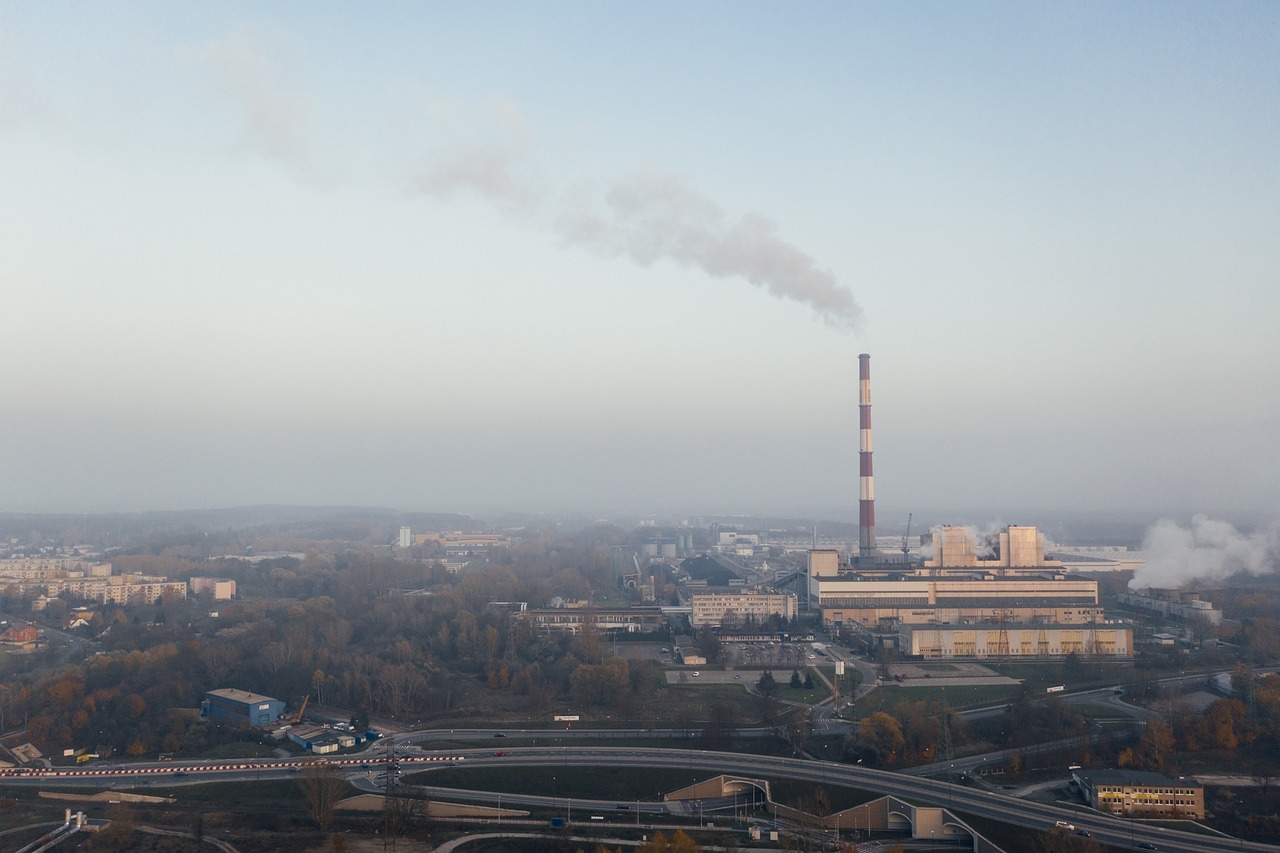3 de February de 2025
The study of nations’ plans for implementing carbon capture and storage (CCS), under the Paris Agreement on climate change, found that some countries have yet to assess the feasibility of CO2 storage within their borders but have still factored it into their plans for transitioning to net zero.
The strategies are central to the worldwide goal of carbon neutrality but the research, at the University of Strathclyde and Geociencias Barcelona, demonstrates that differences in the strategies for storage could exacerbate global inequalities, despite its central role in achieving net-zero climate goals.
The study finds that the strategies may not support a fair transition unless better funding and stronger policies are in place. Without these, wealthier nations could gain most of the benefits, widening global gaps in climate resilience and economic opportunity. The research has been published by Nature in Communications Earth and Environment.
Co-author Dr Juan Alcalde, of Geociencias Barcelona (GEO3BCN-CSIC), said: “Our study finds that, globally, countries are on an uneven starting block for CO2 geological storage; high income countries that have historically contributed most to climate breakdown are set to be carbon management business leaders. This raises important issues around justice and equality, who pays for and gains from climate technologies, and what policies and levers drive them.”
Scenarios laid out by the United Nations’ International Panel on Climate Change rely on large-scale deployment of CCS technologies to meet climate goals. Some of these remove CO2 carbon dioxide from atmospheric cycles, delivering net-negative emissions, while others decarbonise industry by preventing emissions from entering the atmosphere in the first place. While the sources of CO2 for CCS might vary, underpinning these technologies is the long-term storage, or permanent disposal, of captured CO2 in geological formations deep underground.
Dr Jen Roberts, of Strathclyde’s Department of Civil and Environmental Engineering, a co-author of the study, said: “We wanted to examine how countries plan to use CO₂ geological storage to meet the goals of the Paris Agreement. These technologies take many years to implement, so it was key to analyse long-term climate strategies of countries around the world to see how they plan to reach net zero beyond 2050.
“Climate technologies involving geological storage of CO2 are critical both for emission mitigation and carbon removals. Countries that develop these technologies will not only meet climate targets faster and more cost-effectively but may also benefit financially as early movers for carbon management business.”
Article
Alcalde, J., Johnson, G. & Roberts, J.J. National climate strategies show inequalities in global development of carbon dioxide geological storage. Commun Earth Environ 6, 61 (2025). https://doi.org/10.1038/s43247-025-02043-4
Press release version by University of Strathclyde

